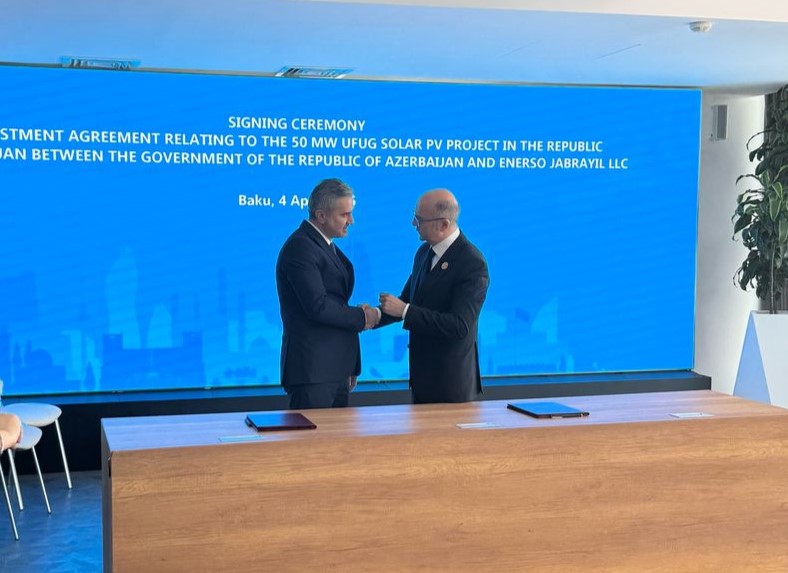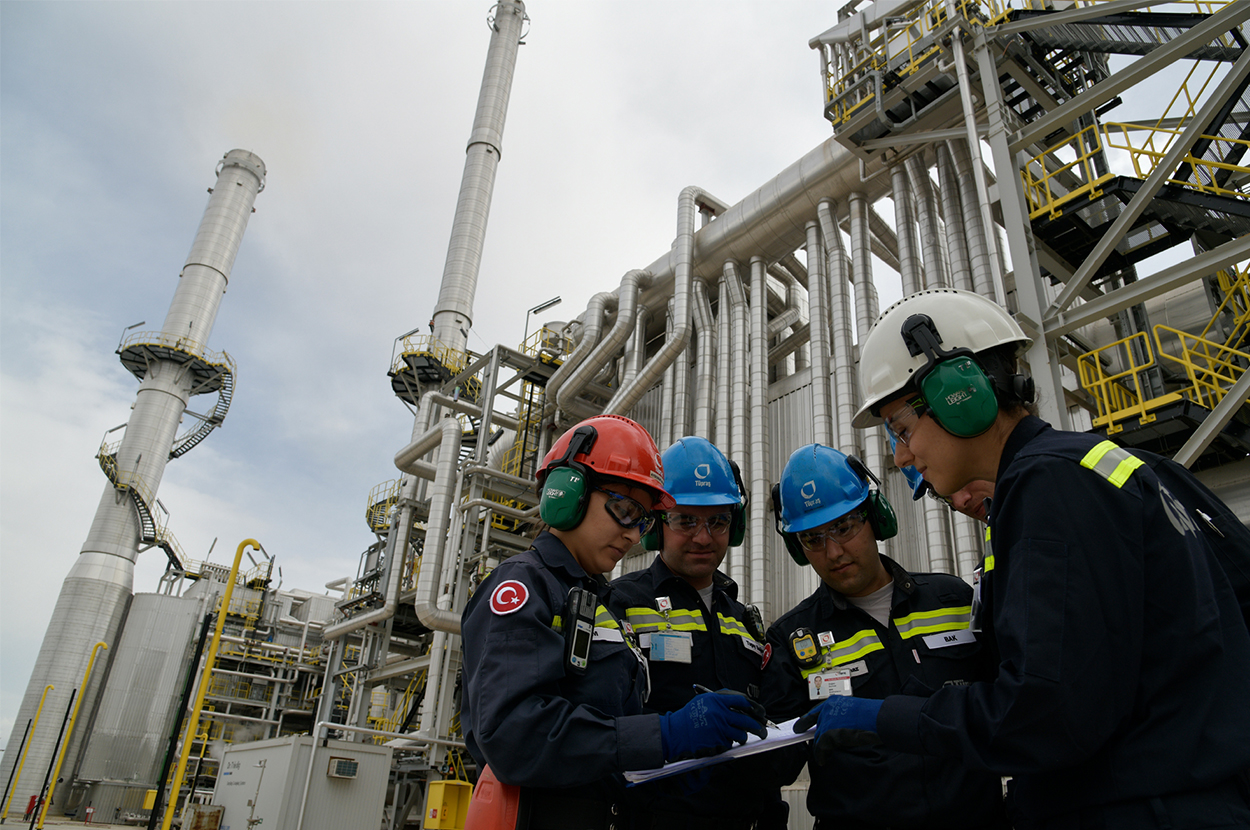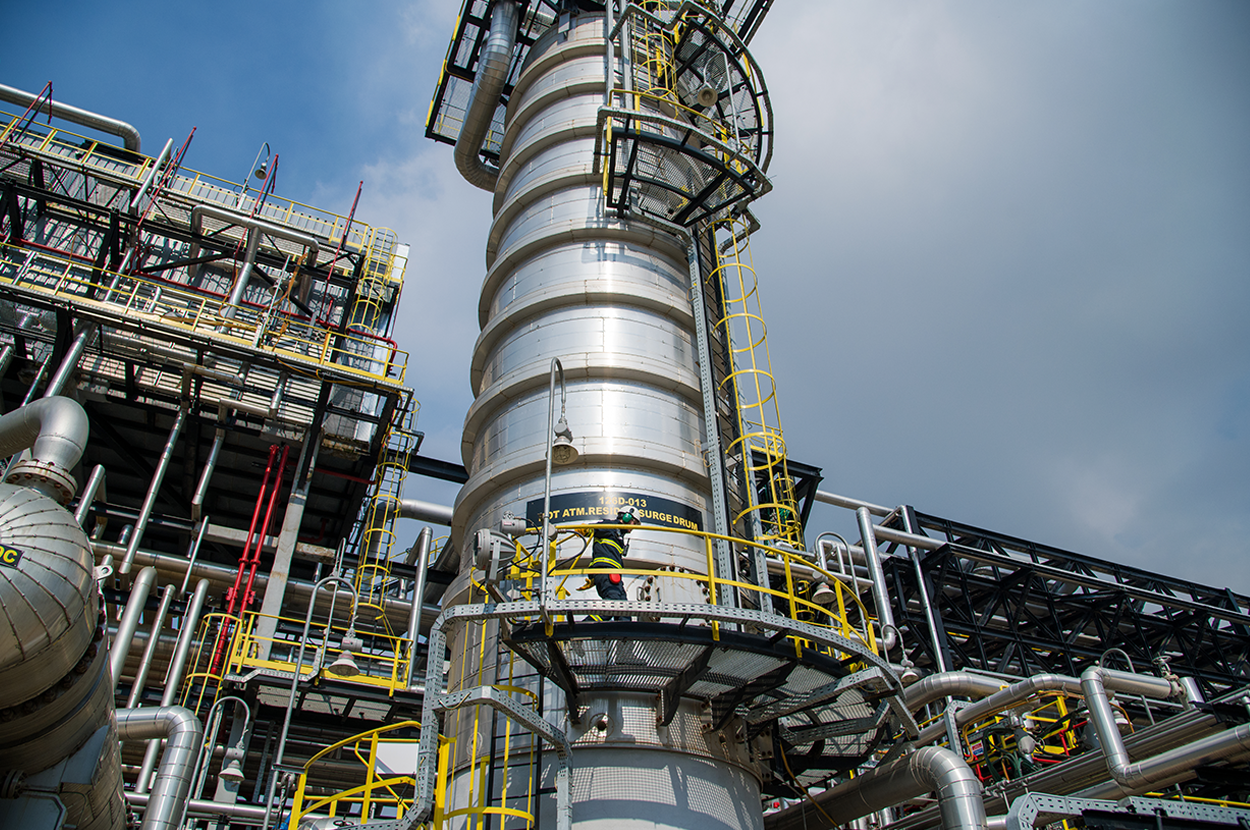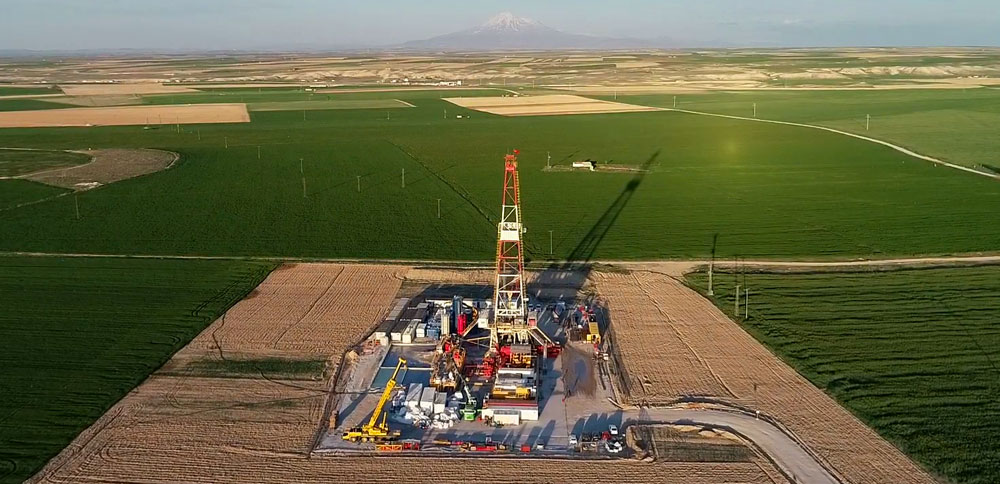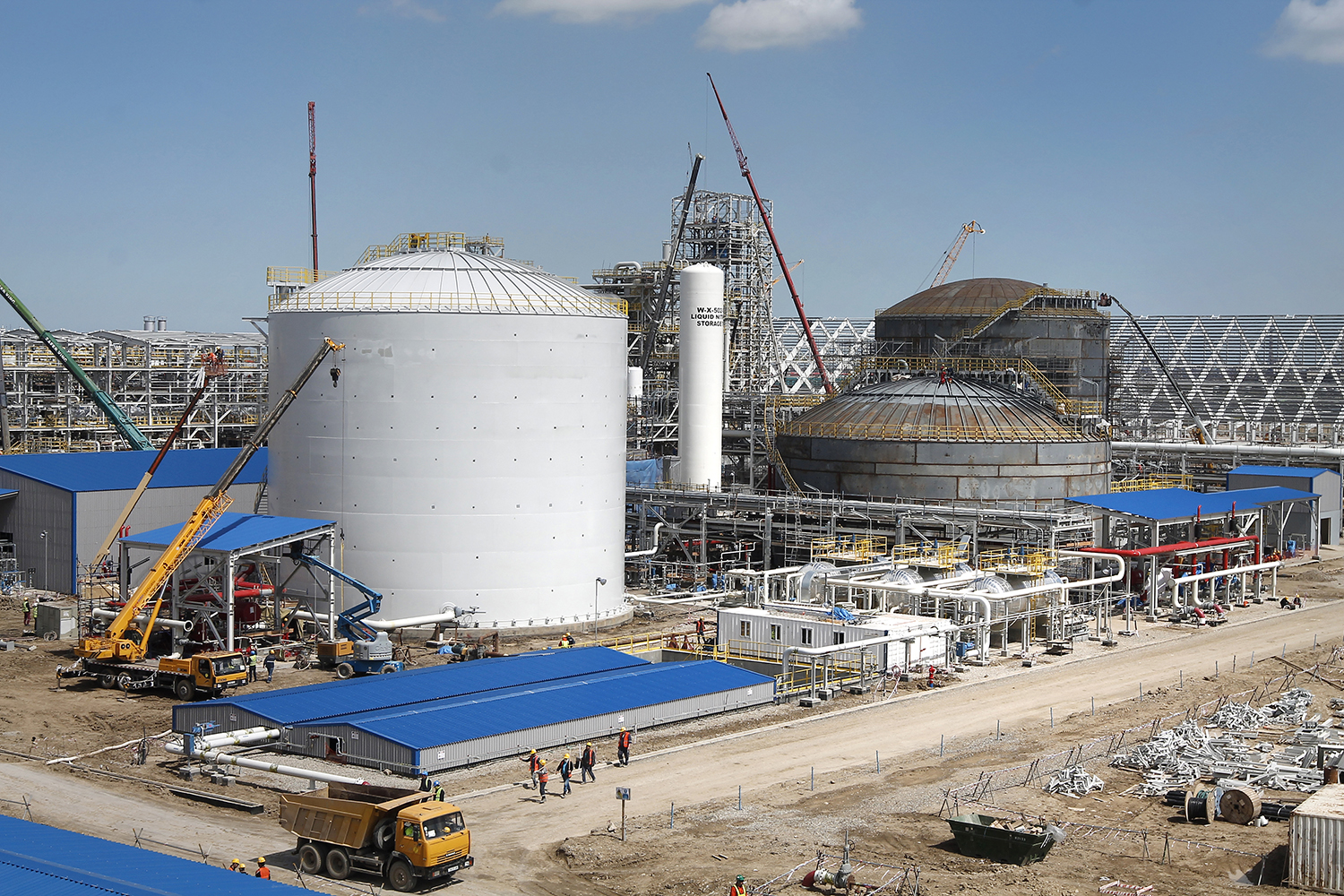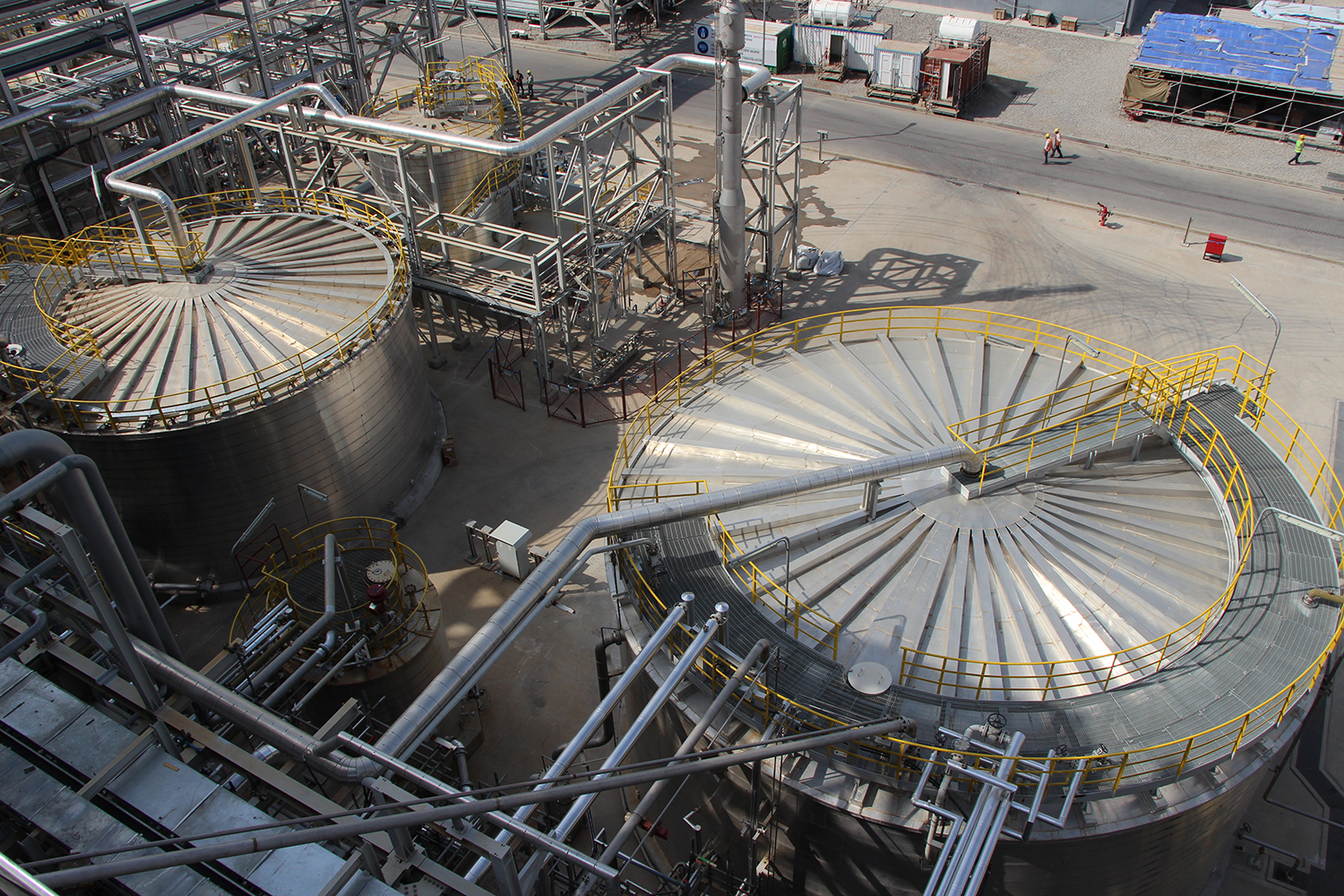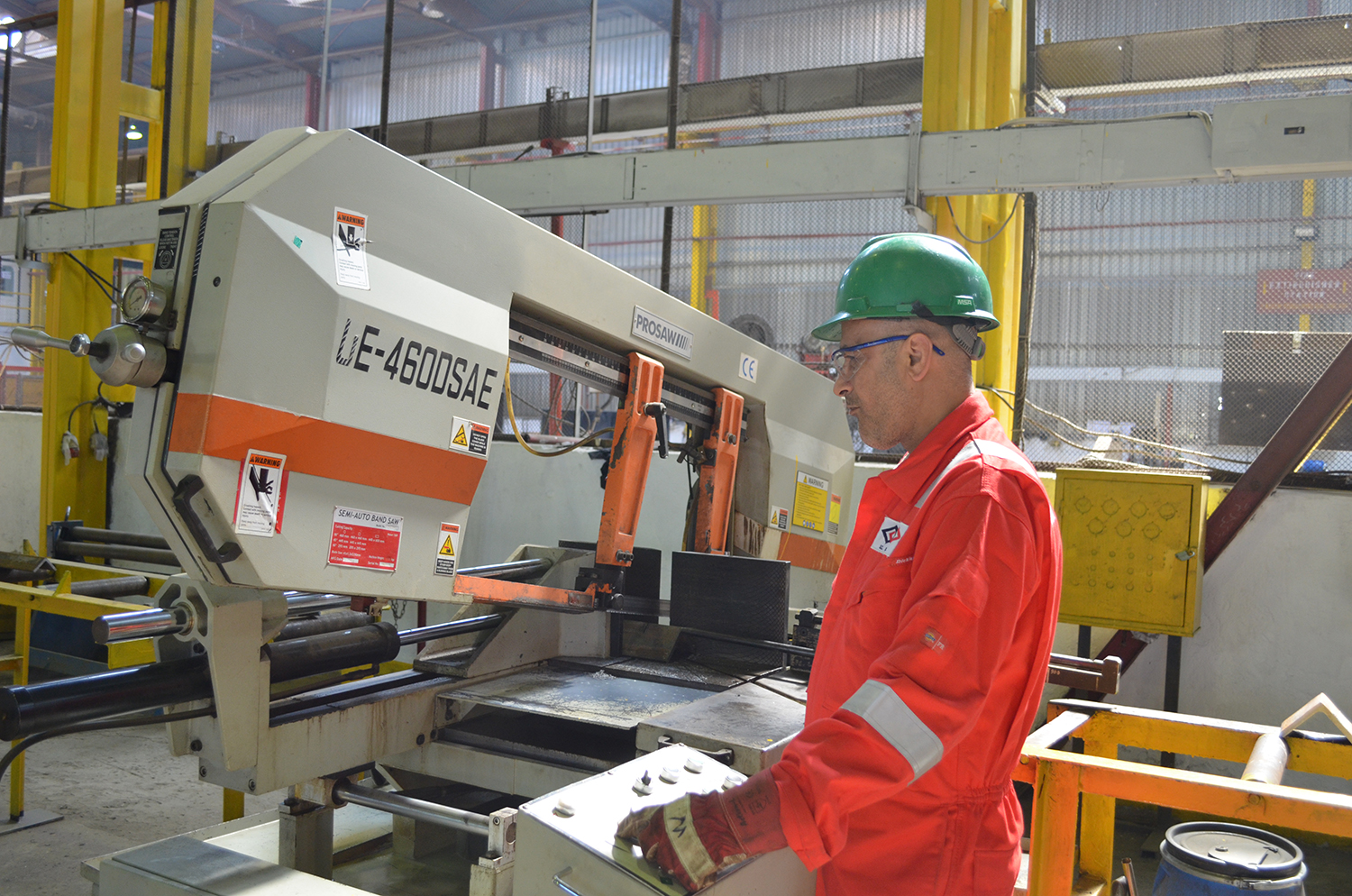Because
we care.
We are transforming to meet the changing energy needs of our customers and the world.
Discover more about Nobel Energy
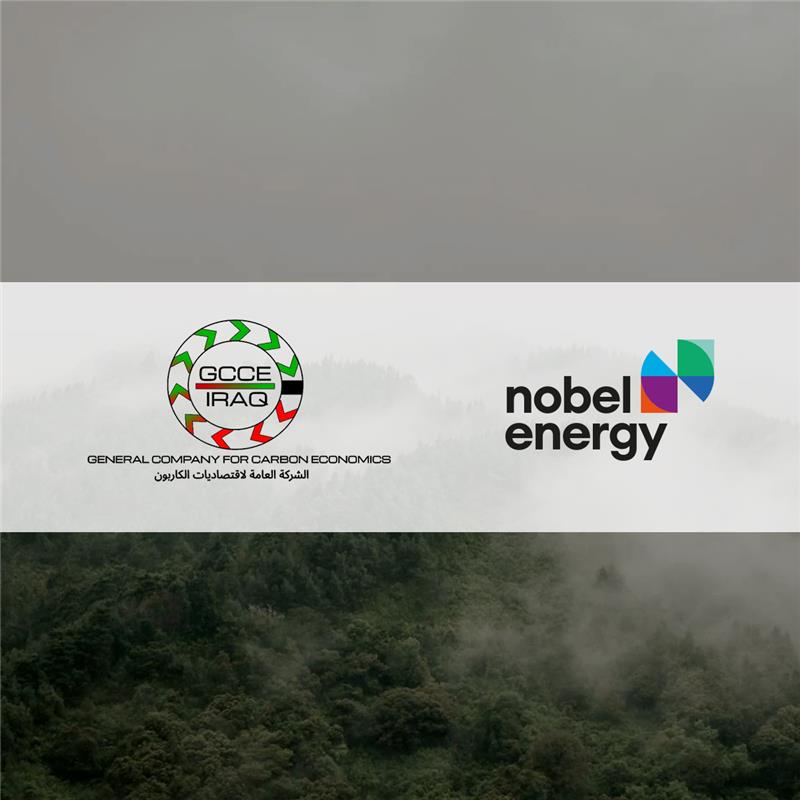
Nobel Energy has signed a Memorandum of Understanding (MoU) with the General Company for Carbon Economics under the Iraqi Ministry of Environment, establishing a framework for cooperation on climate action, environmental projects, and sustainable development in Iraq. The MoU was signed during the First International Conference on Carbon Economics held in Baghdad.
23.05.2025
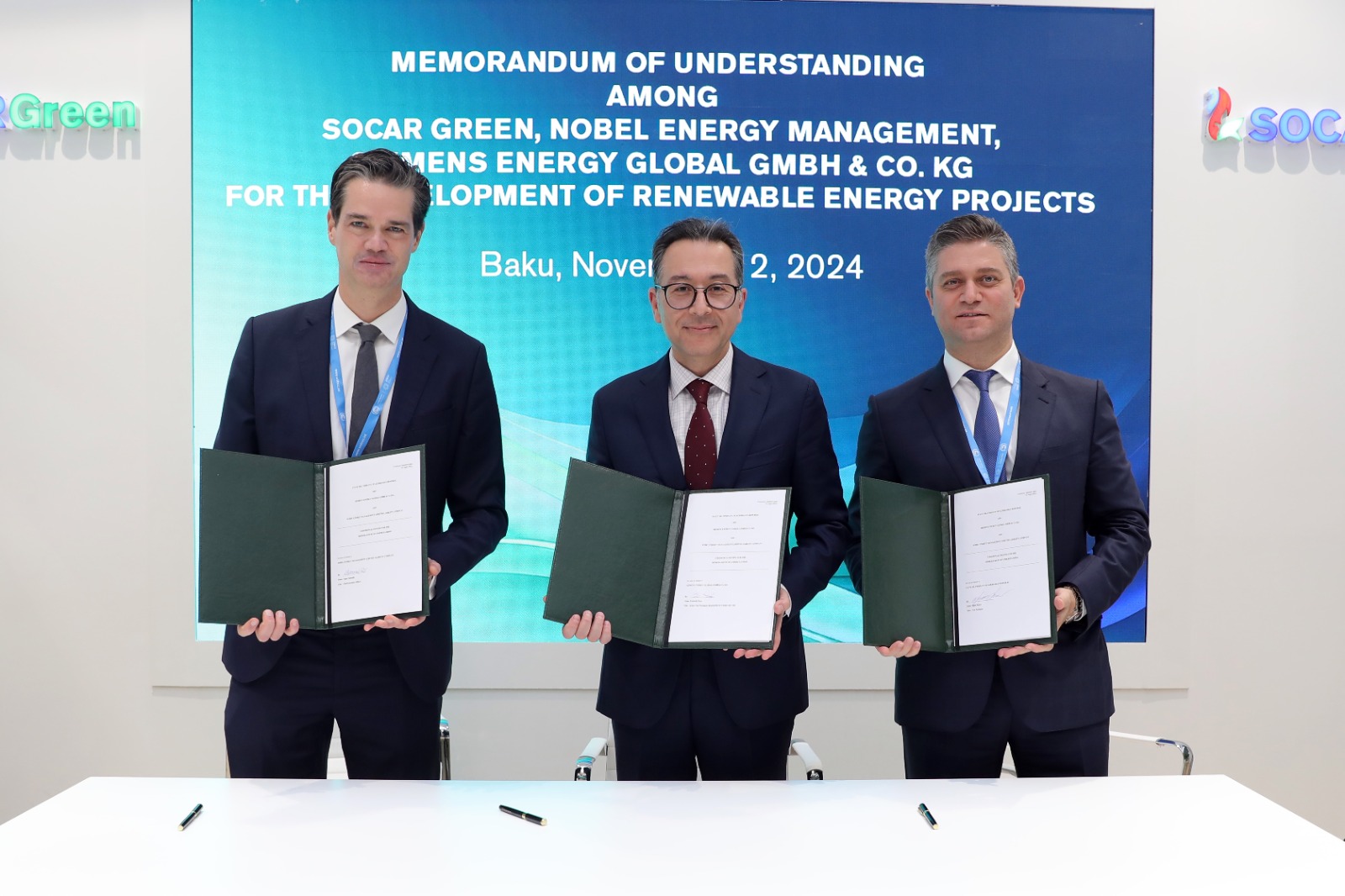
SOCAR Green, Siemens Energy and Nobel Energy signed a Memorandum of Understanding (MOU) to jointly develop renewable energy projects.
12.11.2024

Audubon will harness its robust knowledge and experience to design Kaskida’s topside, prioritizing smart design and tight execution.
26.08.2024

Nobel Energy Group participated in the 29th International Caspian Oil & Gas Exhibition, demonstrating its capacity, capabilities, and significant achievements on both regional and global stages.
04.07.2024

Nobel Energy has signed a Memorandum of Understanding (MoU) with the Ministry of Energy of Azerbaijan on the development of a 100MW solar power plant in Jabrayil.
01.03.2024

Nobel Energy (part of NEQSOL Holding) is pleased to announce its support for an educational program aimed to discover and equip 30 high-potential youth from underprivileged families aspiring to attend top-ranked international universities with the required knowledge and skills.
19.12.2023

During COP28 UAE we had the opportunity to share Nobel Energy’s perspective and specific plans to contribute to the smooth Energy Transition and Decarbonization in Azerbaijan, at an event organized by the Ministry of Energy of Azerbaijan.
08.12.2023

Glensol, jointly with ENRX, a global green technology company, hosted a technology Open Day event for its clients, at Glensol’s One Stop Shop workshop.
12.07.2023
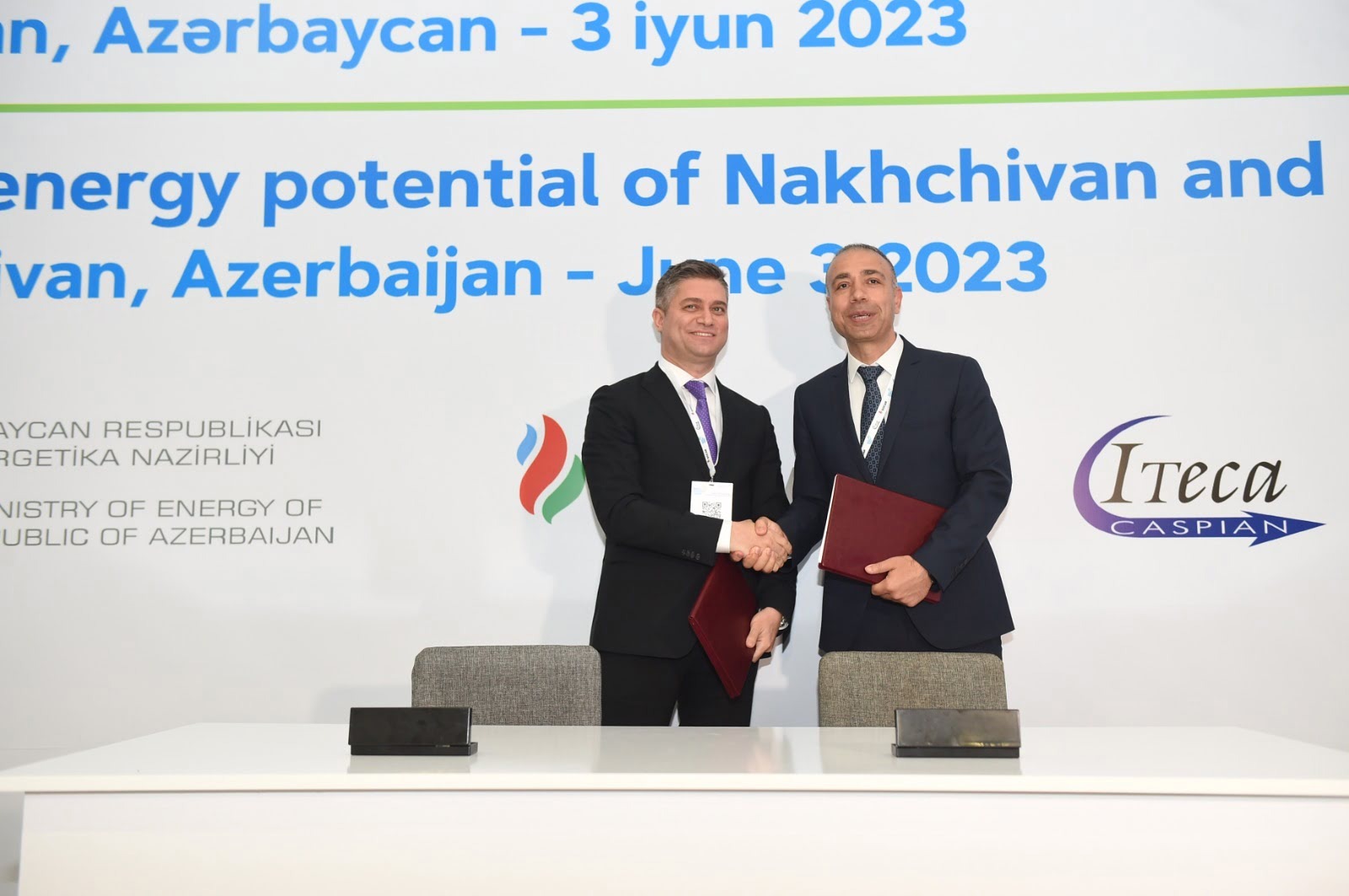
Nobel Energy (part of NEQSOL Holding) is pleased to announce the signing of a memorandum of understanding (MoU) with the Ministry of Energy of Azerbaijan for the development of a 400MW solar power plant in Nakhchivan, Azerbaijan and export of the generated electricity to Türkiye, and partly for the local use. This collaboration signifies an important milestone in advancing sustainable energy solutions and fostering environmental stewardship.
03.06.2023

Glensol, Nobel Energy’s field operations and equipment maintenance subsidiary, in cooperation with the National Aviation Academy conducted a Training Programme for technicians of SOCAR’s Azneft Production Union (PU).
17.10.2022

Nobel Energy’s newly secured Light Detection and Ranging (Lidar) device will help effectively manage onshore wind measurements up to 200 metres above the ground.
28.07.2022

Local partnership between EnerMech and OGP will drive business growth and actuate local talent development in Azerbaijan.
13.04.2022
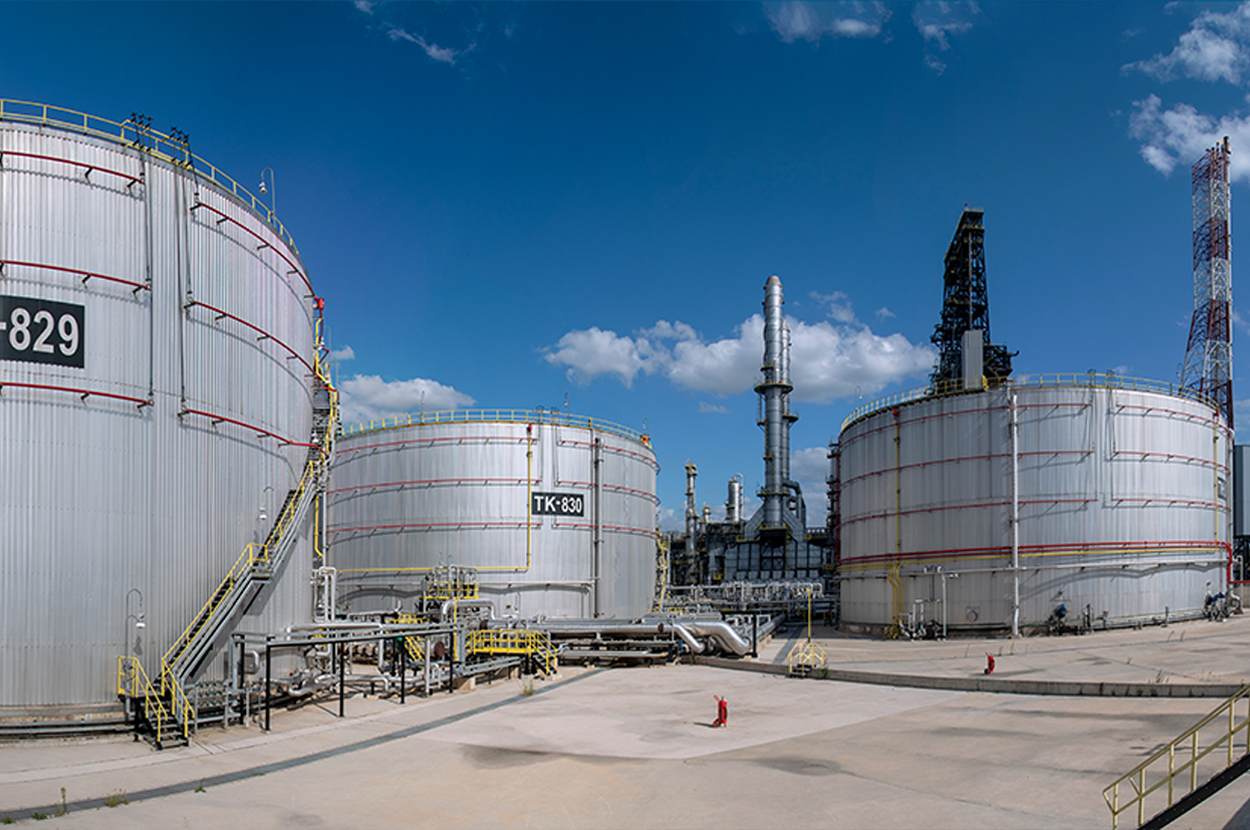
Prokon Türkiye has signed a contract with Turkish industrial giant Tüpraş to provide brownfield modifications and repair works of miscellaneous tanks for Izmit Refinery Tank Farm.
01.04.2022
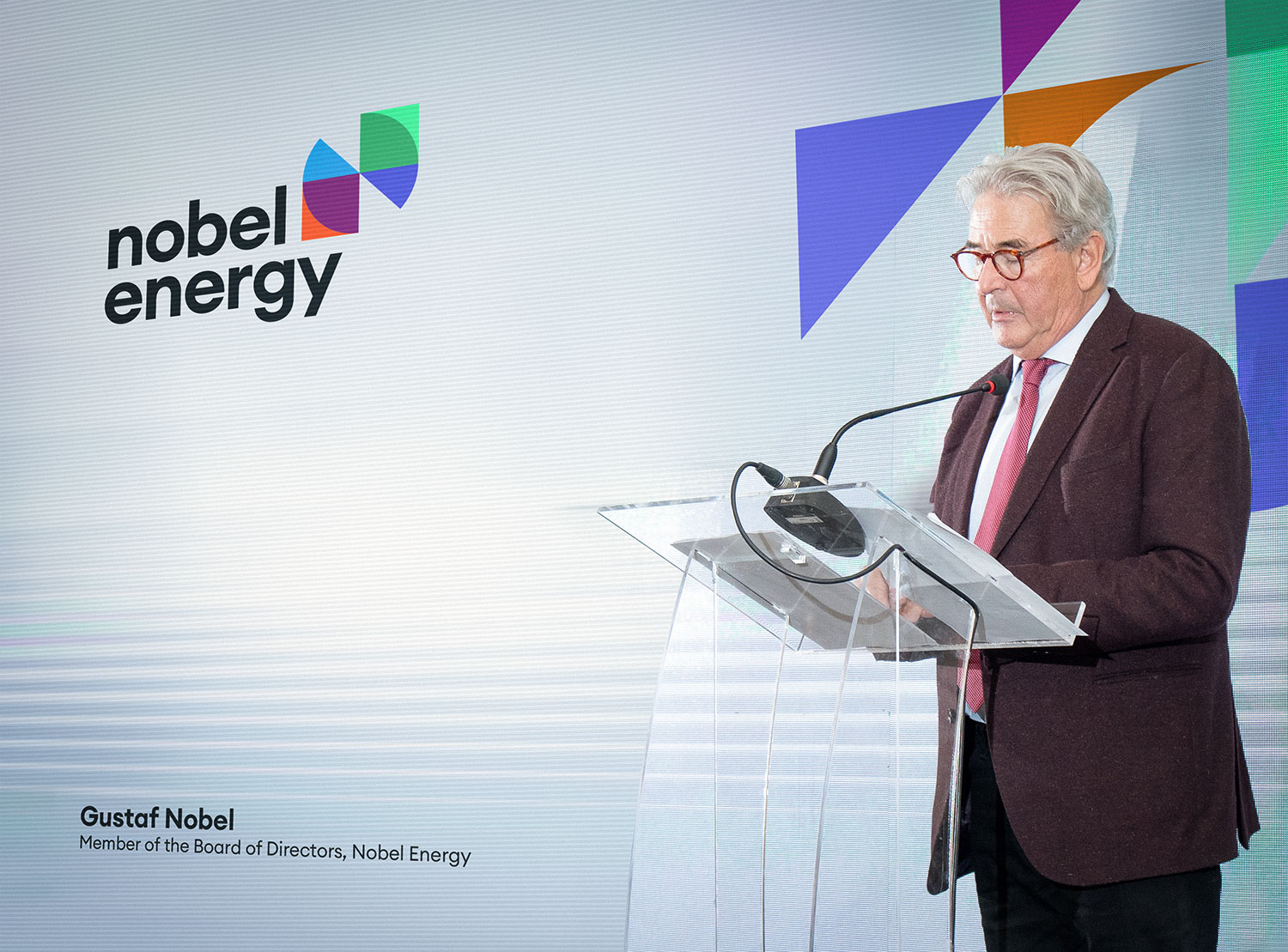
Today, Nobel Oil Services, the Group of diversified companies, has announced the completion of an extensive rebranding – change of the company name to Nobel Energy and renewal of the corporate logo – that reflects company’s new corporate vision and strategy.
01.12.2021

Nobel Energy and Maurilog signed a memorandum of understanding (MOU) to jointly explore potential opportunities in the Mauritanian and Senegalese markets.
11.10.2021

Cathal Kelly, VP Projects, bp, joined the bp and Worley project management teams on their visit to the SDL Nobel fabrication shop in Baku. During the visit, SDL Nobel received recognition awards.
17.07.2021

SOCAR AQS is delighted to say that it has successfully completed the engineering and drilling operations of the first multilateral well for Azneft PU of SOCAR.
08.04.2021

Turan Drilling & Engineering has employed an additional 71 people to support this activity, 69 of whom are Azerbaijani nationals.
20.08.2020

‘This award is the best acknowledgement of all our efforts to make the business environment safer and more comfortable for our employees’ Chief Commercial Officer of Nobel Oil Services Eldar Mamedzadeh said.
25.02.2020

Nobel Oil Services has been awarded its first drilling related contract in the Republic of Kazakhstan with Eureka Oleum.
03.02.2020
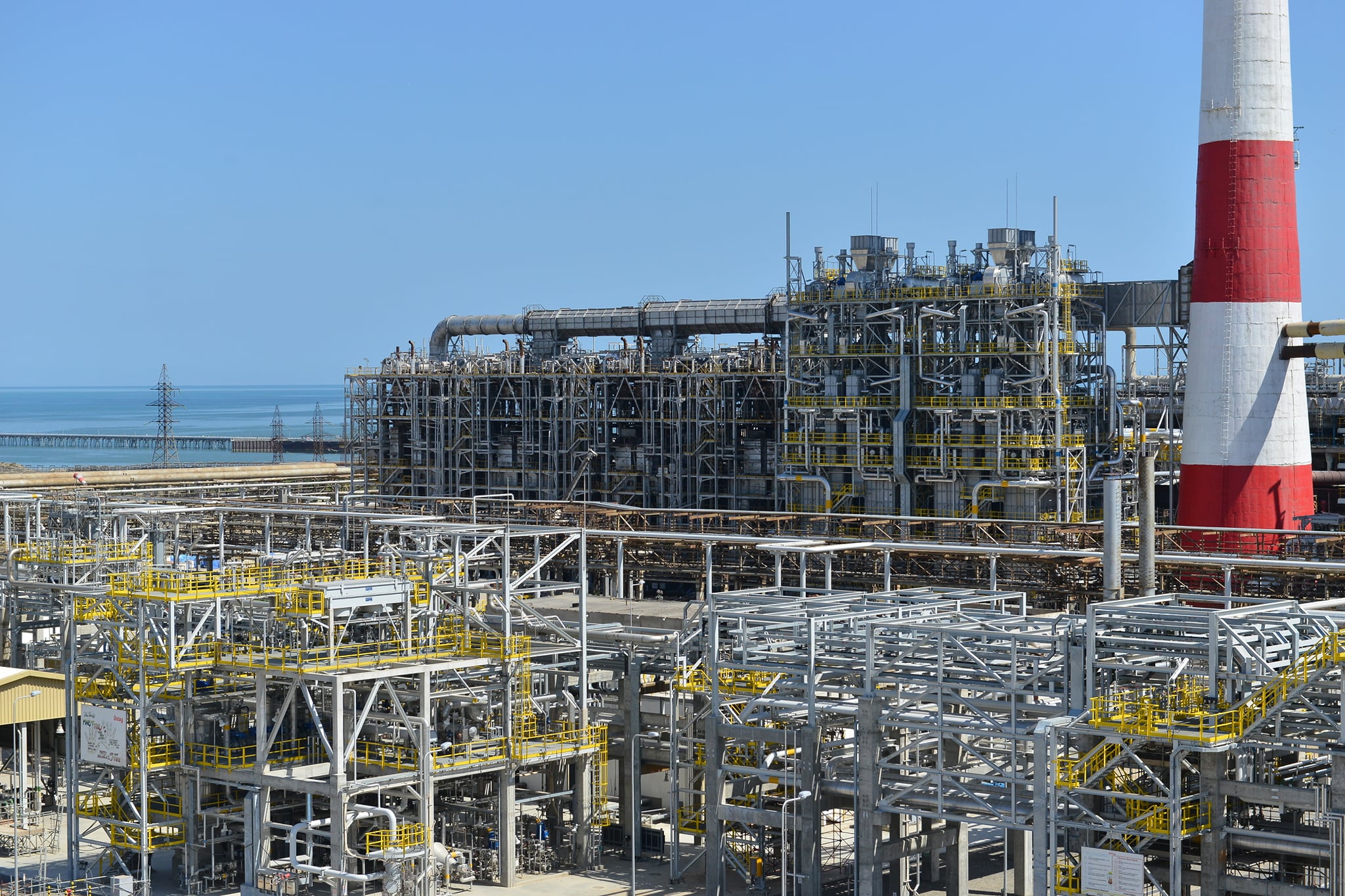
The contract will make a significant contribution to increasing the power supply of Azerikimya, an operator of Polyethylene Plant, while securing PROKON’s involvement in the general construction works for SOCAR-Uniper’s operations within the chemical complex in Sumgayit.
14.10.2019

Turan Drilling & Engineering Company LLC (A KCA Deutag and SOCAR AQS Company), today announces that it has been awarded its first contract, which is with BP Exploration (Caspian Sea) Limited (“BP”).
16.04.2019

Implementation of ISO 37001:2016 standard results from an extension of the good management and plays crucial role in establishment of a solid regulatory compliance structure, ensuring sustainable growth of the organization.
12.04.2019

Global Energy Solutions (Glensol), a subsidiary of the Nobel Oil group of companies, organized a training and roundtable on turbomachinery for the first time in Azerbaijan and the South Caucasus
15.11.2018

Nobel Oil and Wood have entered into a joint venture (JV) agreement to provide engineering and operations support services to the oil and gas market in Azerbaijan.
31.10.2018

SOCAR AQS commences drilling works on well 63 with the depth of 724 m located on the platform 10. It should be noted that well 63 will be drilled to Girmaki Deste-3 (QD-3) horizon.
01.08.2018

The Joint Venture, headquartered in Baku, Azerbaijan, will focus on provision of oil and gas well drilling and engineering services in the Caspian offshore and certain parts of the Central Asia region.
26.07.2018
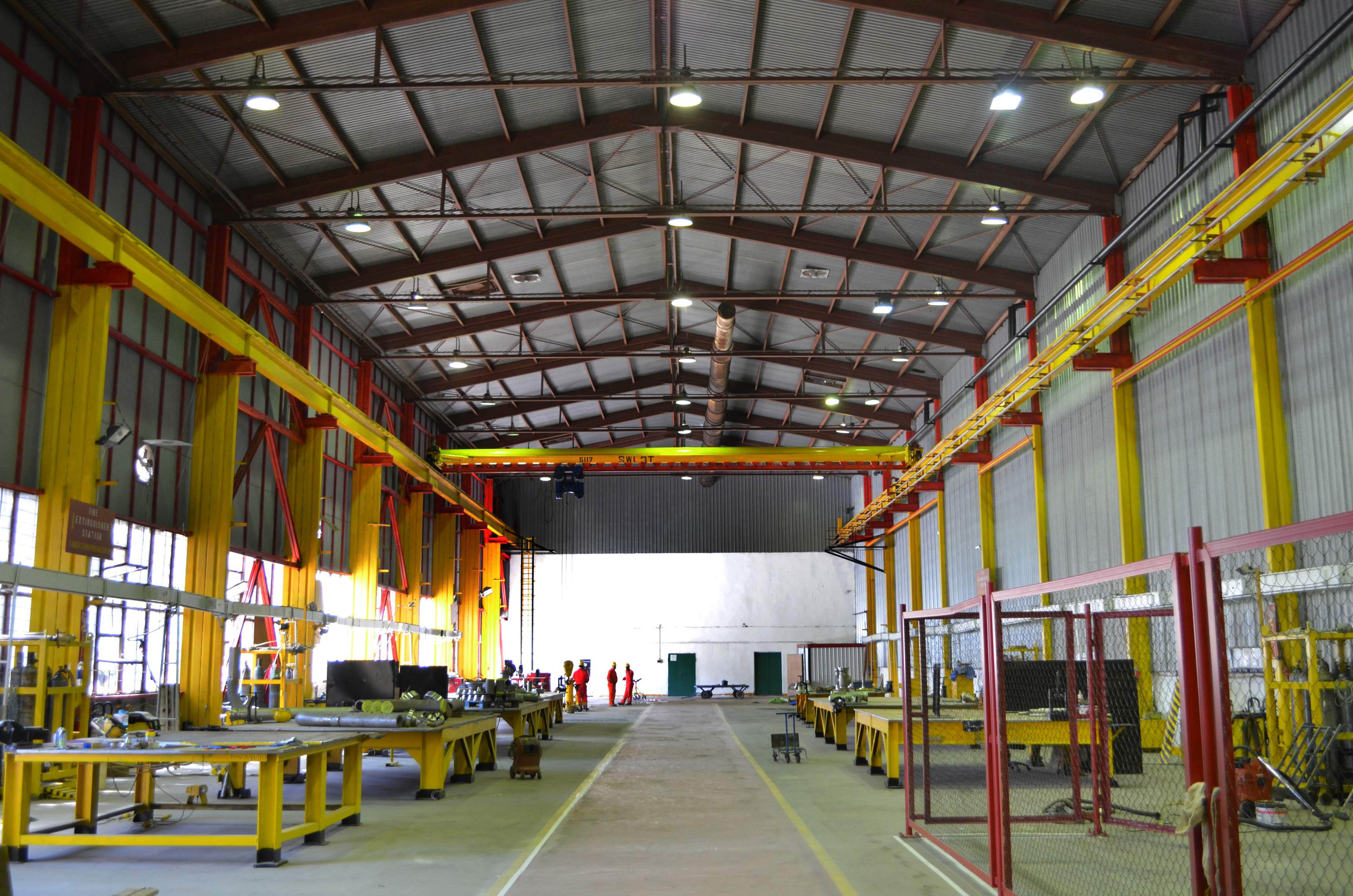
SDL Nobel completed modernization of its fabrication shop with the aim to assure an improved quality of services for the clients.
28.06.2018
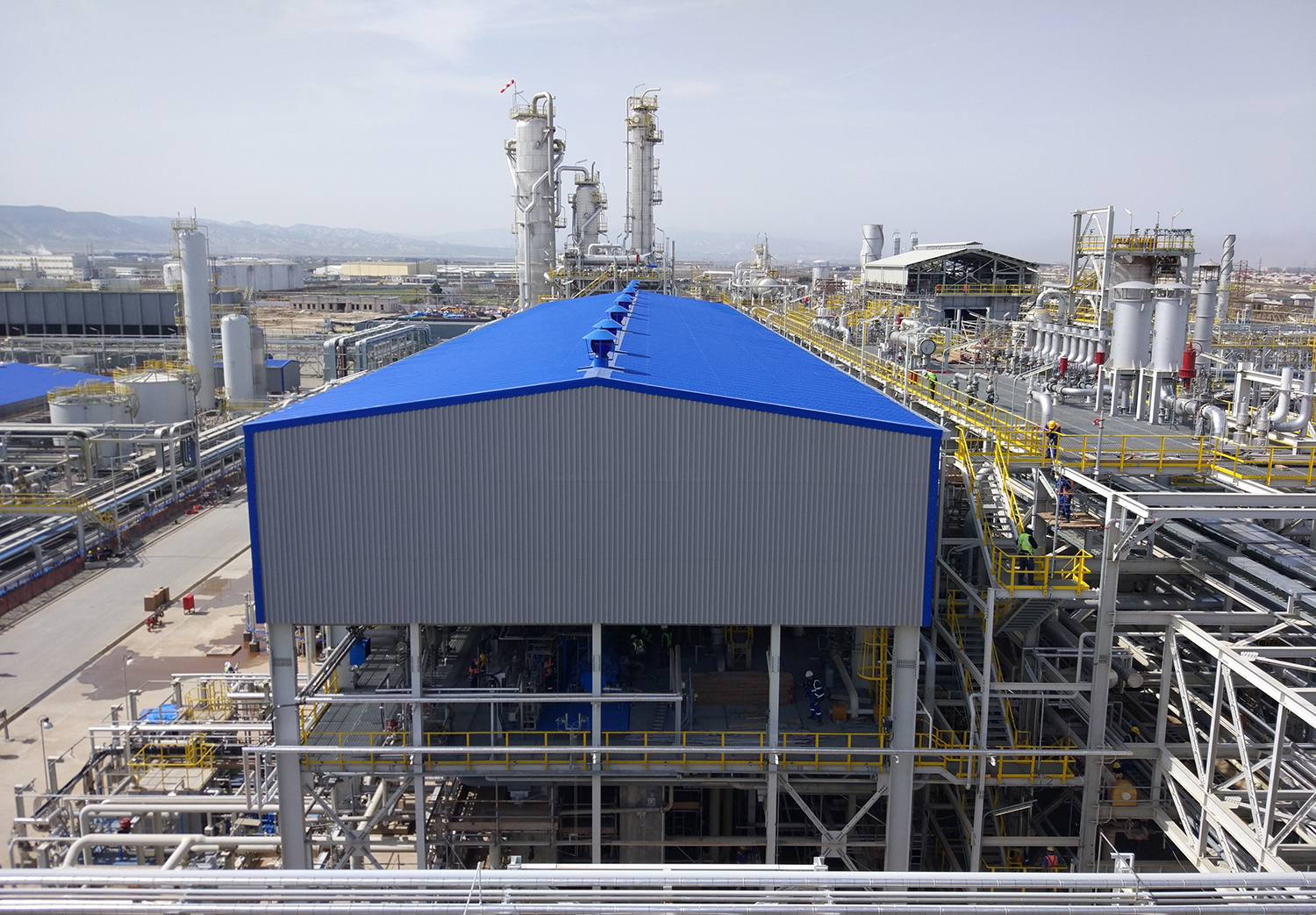
PROKON undertook the prestigious SOCAR Ammonia & Urea Complex Project as the Main Construction Contractor, working with Samsung Engineering Co., Ltd., EPC Contractor of the Project. The plant is located about 35 km north side of Baku city, aimed to utilize abundant natural gas as a feedstock and produce 1,200 MTPD of ammonia and 2,000 MTPD of urea within a single complex.
03.04.2018

Nobel Oil Services through its subsidiary PROKON established new joint venture with the global industrial plant construction company GAMA Industry Inc.
27.02.2018
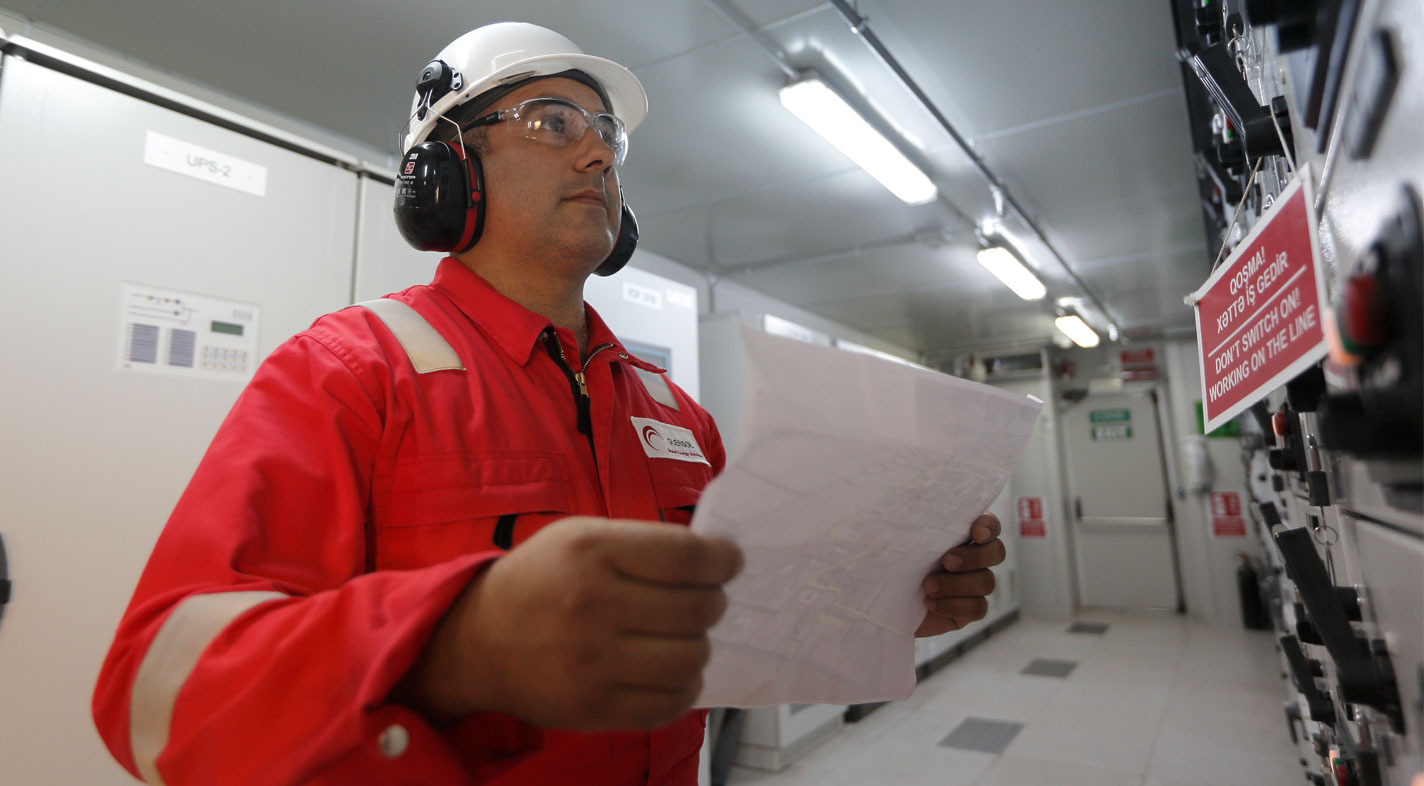
Global Energy Solutions (Glensol) entered into next project for BP Azerbaijan to provide electrical & instrumentation services in the Azerbaijan-GeorgiaGlobal Energy Solutions (Glensol) entered into next project for BP Azerbaijan to provide electrical & instrumentation services in the Azerbaijan-Georgia-Turkey (AGT) region. -Turkey (AGT) region.
23.01.2018
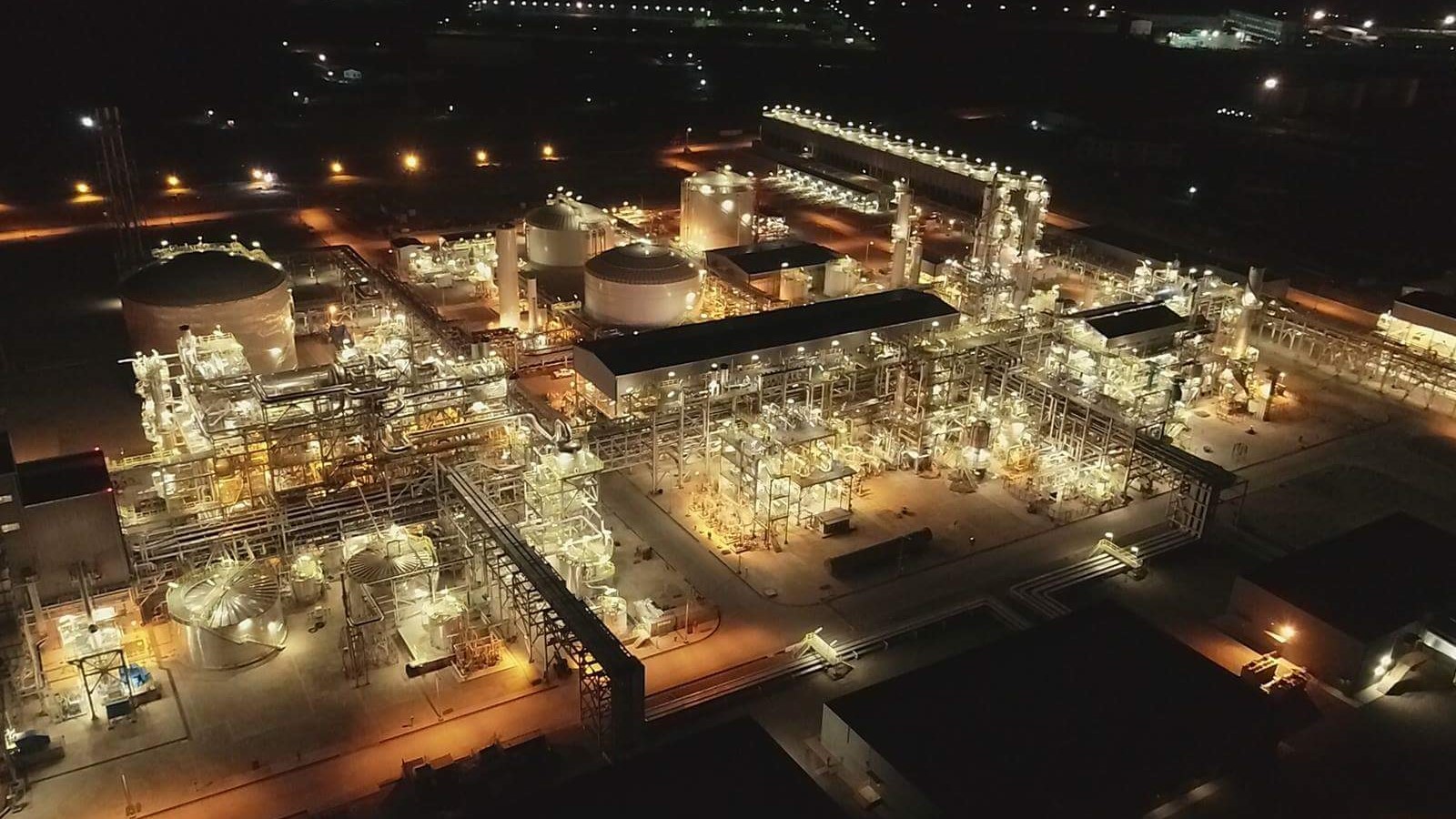
PROKON announces the accomplishment of engineering, procurement and construction (EPC) works at Conditioning Facility within PP/HDPE (Polypropylene/High density polyethylene) Project for SOCAR Polymer. The Conditioning Facility is located at the east site of the PP & HDPE Plant in Sumgayit and designed for the storage of end products with the overall building size of 84 x 176 m. and internal minimum height of 6 m.
10.01.2018

Aktau office will enable the Company to provide a high standard of maintenance services to the clients in the region and support its further growth in Kazakhstan’s oil and gas market.
28.12.2017

Nobel Oil Services hosted a meeting of AmCham HR Committee and introduced the major implementations in its employee compensation & benefit program to member-companies.
19.12.2017

Nobel Oil Services maintains an effective Ethics and Compliance program, encouraging employees and business partners to behave in accordance with the requirements of compliance and corporate policies.
17.11.2017

Group of 35 middle and senior managers of Nobel Oil Services attended ADA University Executive Education’s “Custom Program on Leadership Skills”, which covered “Team Leadership” and “Change Management” modules.
06.11.2017

Nobel Oil was honored with the “Transparent Tax Partner” status by the Ministry of Taxes of the Republic of Azerbaijan for its transparent financial performance.
16.10.2017

The meeting successfully brought together board members, the shareholder representatives and company’s management to assess the performance results since last Board meeting and discuss future plans.
05.10.2017

“This practice also encourages our third-party suppliers to freely appeal to our “Compliance Helpline and Share-Your-Concern” around the clock by email, telephone and post”.
10.08.2017
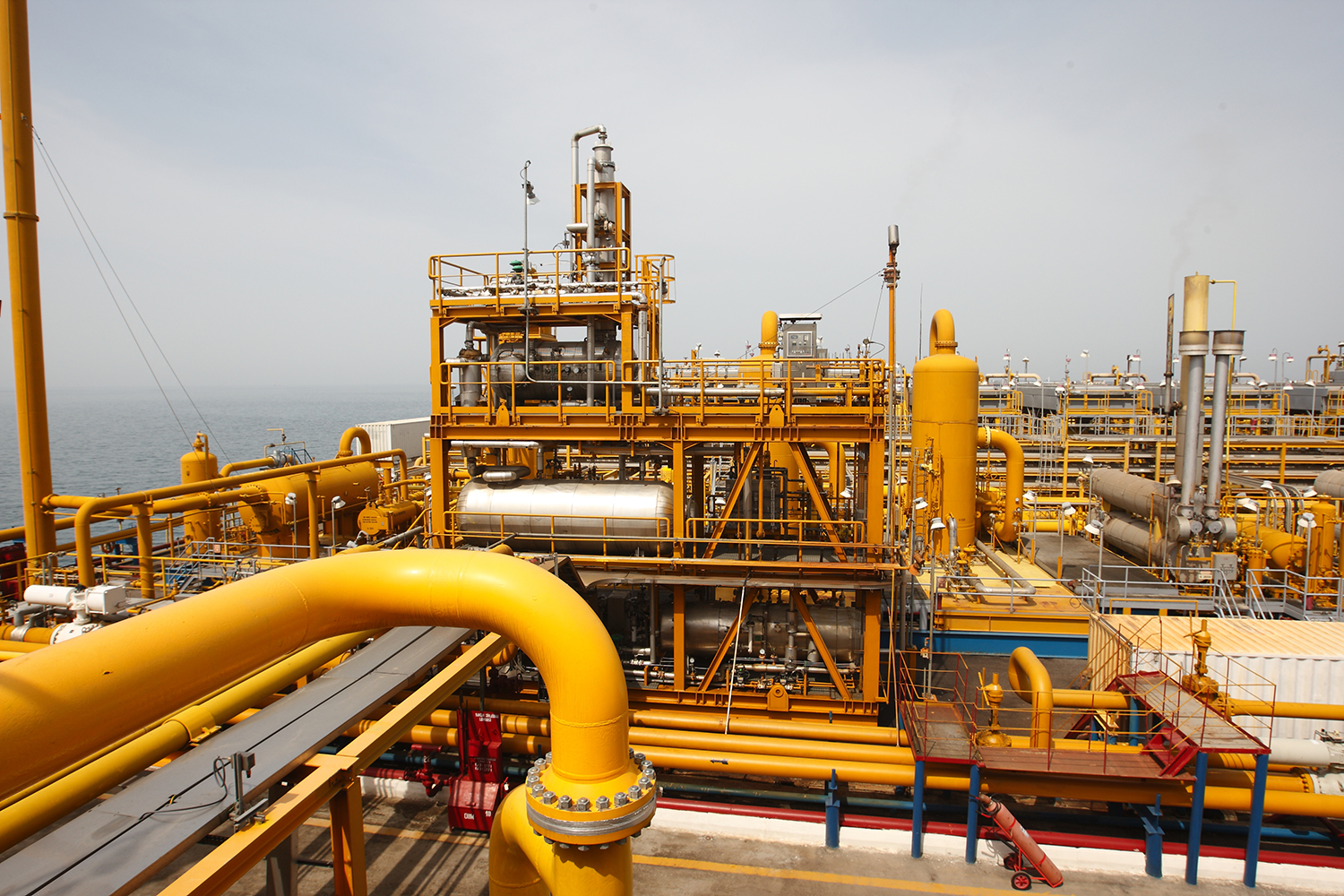
Nobel Oil Services, a leading service provider to the oil & gas industry announced the appointment of Sergey Bazhanov as the company's new Group Financial Controller.
24.07.2017

SOCAR-AQS, the drilling company affiliated with Nobel Oil Services, became a regular member of U.S.-Azerbaijan Chamber of Commerce (USACC).
20.07.2017
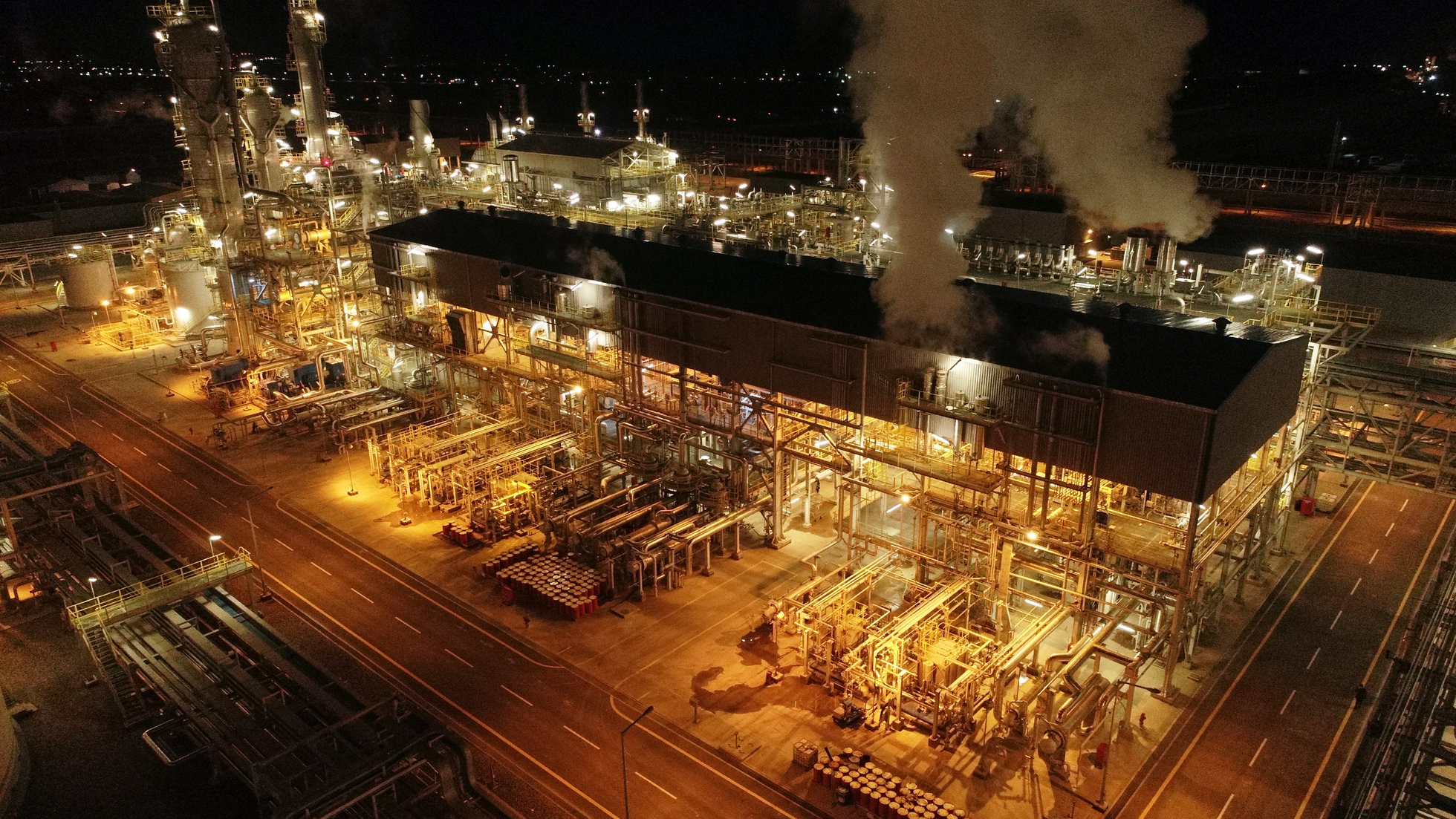
Nobel Oil Services is pleased to announce that PROKON LLC has accomplished 95% of mechanical works, 99% of structural steel erection works, 100% of concrete works at Ammonia and Urea Complex.
14.07.2017

IMS encompasses Quality Management System ISO 9001:2008, Environmental Management System ISO 14001:2004 and Occupational Health & Safety Management System OHSAS 18001:2007.
13.07.2017

Within this frame, Nobel Oil Services established new corporate-wide Vendor Validation Procedure (VVP) to promote compliance and transparency in the selection of suppliers.
06.07.2017
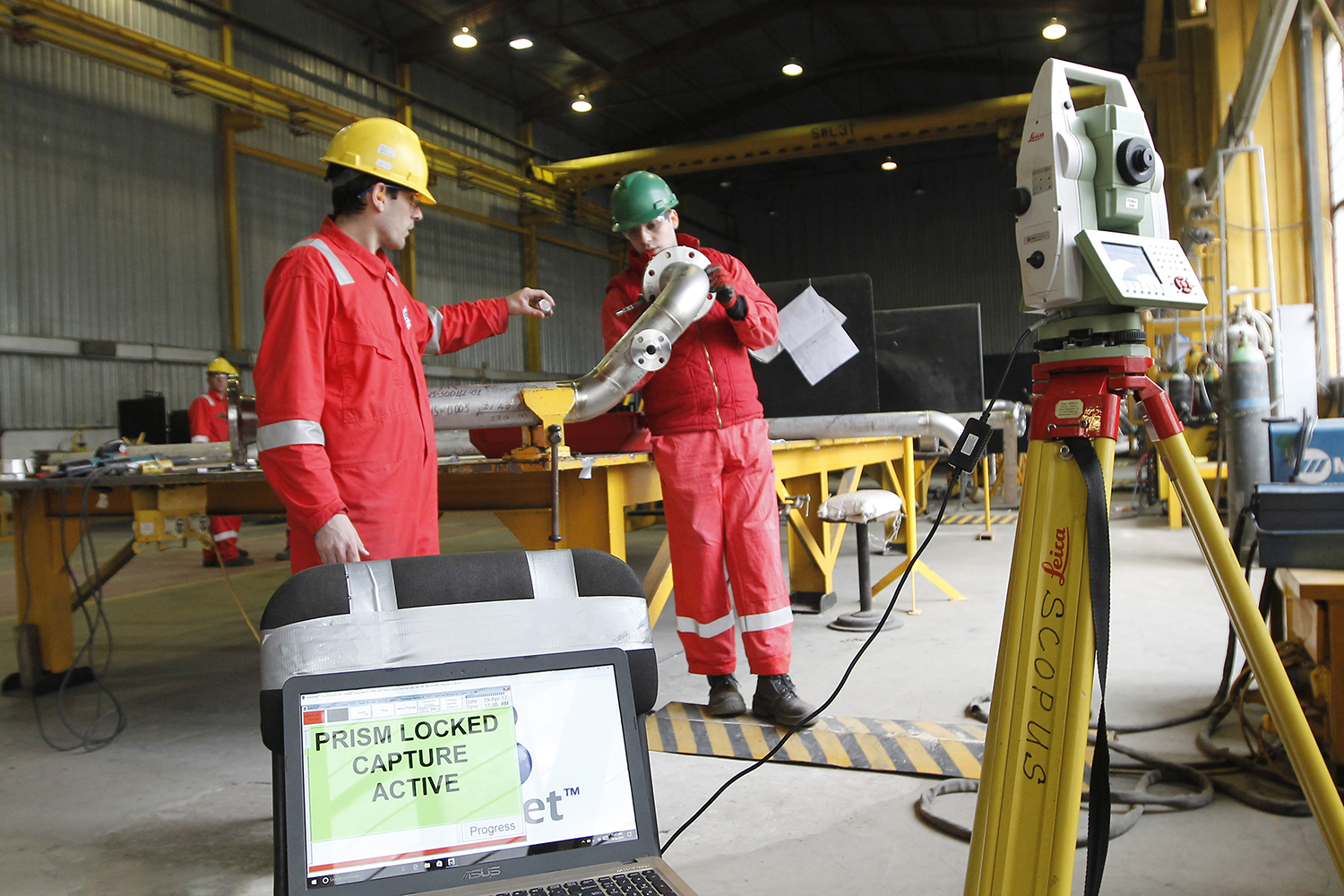
SDL Nobel LLC continues to improve its expertise by hiring about 80 employees for fabrication activities and 60 technicians for offshore operations.
30.06.2017

Nobel Oil Services has announced that its another subsidiary Global Energy Solutions LLC is recognized as a “Transparent Tax Partner” by the Ministry of Taxes of Azerbaijan Republic.
29.06.2017

Nobel Oil Services is pleased to announce that PROKON LLC, its EPC subsidiary, is recognized as a “Transparent Tax Partner” by the Ministry of Taxes of Azerbaijan Republic.
22.06.2017

On September 1, 2016, Nobel Oil Services announces that its Azerbaijani subsidiary moved to a new office. This move is designed to improve efficiency as it gathers parent and subsidiary companies under one roof.
01.09.2016

Nobel Oil Services, one of the leading diversified energy companies operating in Azerbaijan, is pleased to announce its participation in the Caspian Oil & Gas Exhibition 2016, which will take place on 1-4 June 2016 at Baku Expo Center.
27.05.2016

Nobel Oil Downstream, a retail arm of the British-registered Nobel Oil Services Ltd, is pleased to announce the opening of its second petrol station in Romania. The new unit, constructed in 3 months, is located on 154, Mangaliei blvd., Constanta.
16.05.2016

Nobel Oil Services (UK) Ltd., a London-registered company, today announced the launch of Go-Live of corporate information system based on SAP and OpenText.
01.04.2016
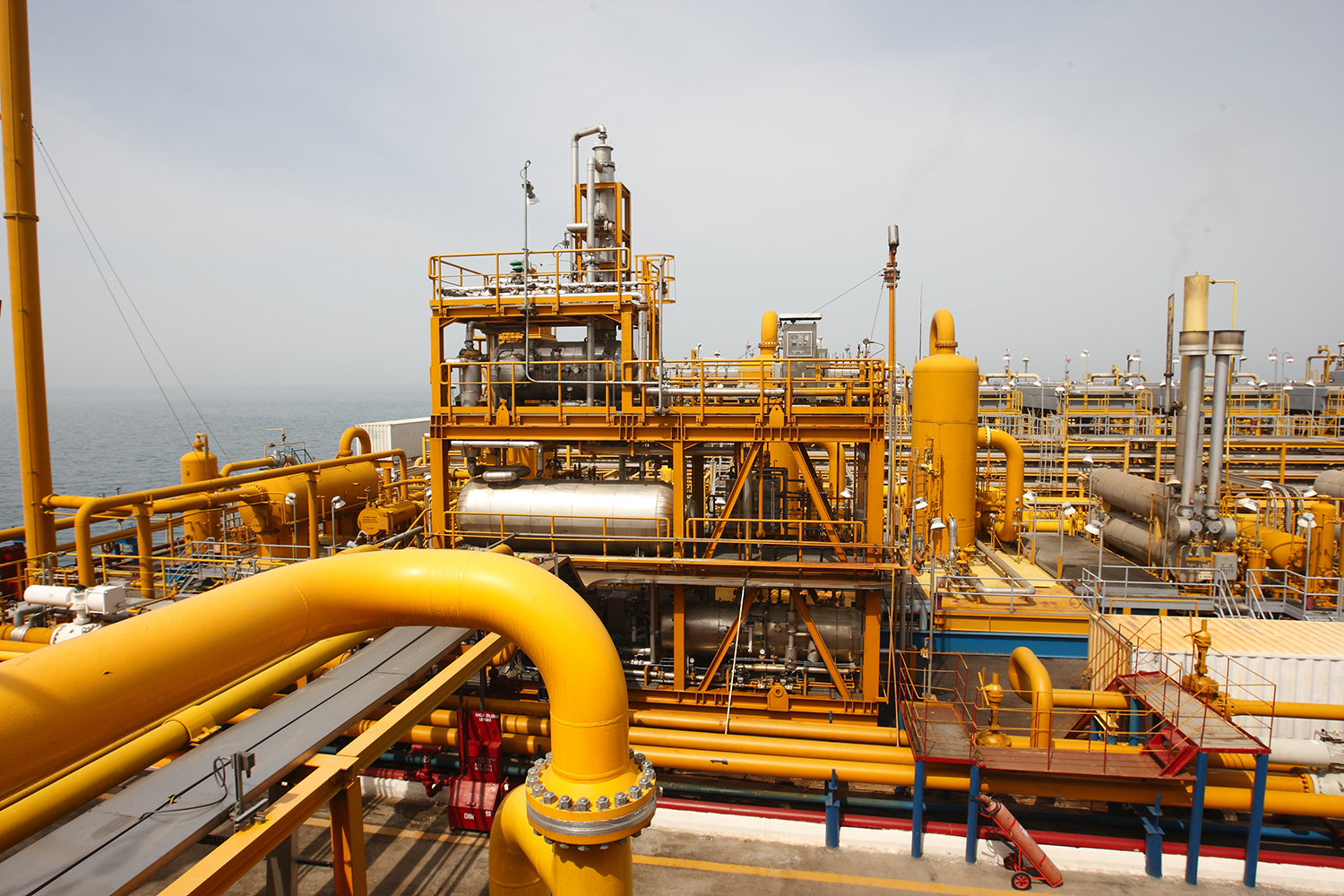
Nobel Oil Services (UK) Ltd, a London-registered company providing offshore drilling, construction, procurement and oilfield services in Azerbaijan and the Caspian region, is pleased to announce the appointment of Jorgen Peter Rasmussen as Chairman of its Board of Directors and Ali Batu as its Chief Executive Officer.
18.02.2016

Nobel Oil Downstream Romania is pleased to announce the opening of its first filling station in the country. The brand new ultra-modern Nobel Oil petrol station, estimated to serve 1200 vehicles per day, was officially launched in the northeastern city of Iaşi.
The opening ceremony was attended by the Vice-Mayor Daniel Matasaru, representatives of the local business community and Gustaf Nobel, member of the Board of Directors of Nobel Oil Services (UK) Ltd and the great grandson of Ludvig Nobel, one of the founders of the legendary BraNobel Oil company.
The Nobel Oil filling station is situated on the businest transport artery of the city, Bd. Nicolae Iorga 6M. Innovative station comprises of three dispensing units capable of servicing six vehicles at a time.
In line with Nobel Oil Downstream's corporate social responsibility principles, the station’s rooftop is designed in an innovative manner allowing it to be composed of photovoltaic panels, thus covering energy needs of the station itself and operating independently from local power distribution networks.
Nobel Oil filling stations have several other unique features. It is the first station in Romania to offer the Outside Payment Terminals (OPTs) allowing customers to use both payment cards and cash.
Nobel Oil has partnered with global market leader in the logistics, DHL, to provide express deliveries and courier services at its stations.
Customers will also be able to purchase groceries and essential commodities at competitive prices at Nobel Shop.
Michael Wring, Chief Executive of Nobel Oil Services (UK) Ltd, highlighted that opening of its first station in Romania is an evident reflection of Nobel Oil Services' growth strategy. He said: ‘This project in the downstream segment in Romania is the first of its kind for us and reflects the company’s desire to diversify and seek for new markets and opportunities. We believe in the success of this venture, which will enhance Nobel Oil’s position as a dynamic and growing group of energy related businesses’.
John Long, Managing Director of Nobel Oil Downstream Romania said: “This will be my fourth (fifth worldwide) new Romanian market entry and the first with a completely new brand. That is why it is the most interesting and a pleasure to introduce Nobel Oil in Romania”.
Daniel Kearvell, Managing Director of DHL Express Romania said “DHL Express congratulates Nobel Oil on its entry to and expansion in the Romanian market, which is undoubtedly an important response to the growing demands of Romanian consumers. At the same time, I am delighted that DHL and Nobel Oil have agreed this significant partnership, through which customers will be able to utilize DHL Express services throughout the full network of Nobel facilities in Romania. DHL Express has a wide network of partners across the country, and it is very pleasing to be able to provide another option for our customers to send their shipments through Nobel Oil locations. Flexibility and convenience for our customers are two of our most important priorities, and this partnership is very important in ensuring DHL continue to lead the way in this area.”
Nobel Oil Downstream Romania plans to have a nationwide presence by 2018.
19.11.2015

Nobel Oil Services's Director of Corporate Human Resources, Fatima Mirza, was honored as “HR Manager of the Year”. The award was presented by “HR Experience” at it’s annual event designed to reward achievements of the best professionals, companies and strategies for human resource management.
16.11.2015

As part of the initial plan, more than 200 members of staff, including the company’s top-management, are expected to use the new corporate wide ERP system.
02.09.2015

“As a result we will build and develop Azerbaijani companies with international quality, serving major international and local clients in the region. We look forward to creating further value in partnership with Denholm.”
30.06.2015
Who we are
Our Projects
Valve maintenance
Valve maintenance services, including among others valve overhaul and repair, valve diagnostics, maintenance engineering

SOCAR HAOR Modernization
The revamp and upgrade of the refinery for facilities to manage processing of 7.5 MMTPA crude oil, while meeting quantity and quality requirements of products both to feed Azerkimya revamped petrochemical plant and to produce Euro V quality automotive transportation fuels
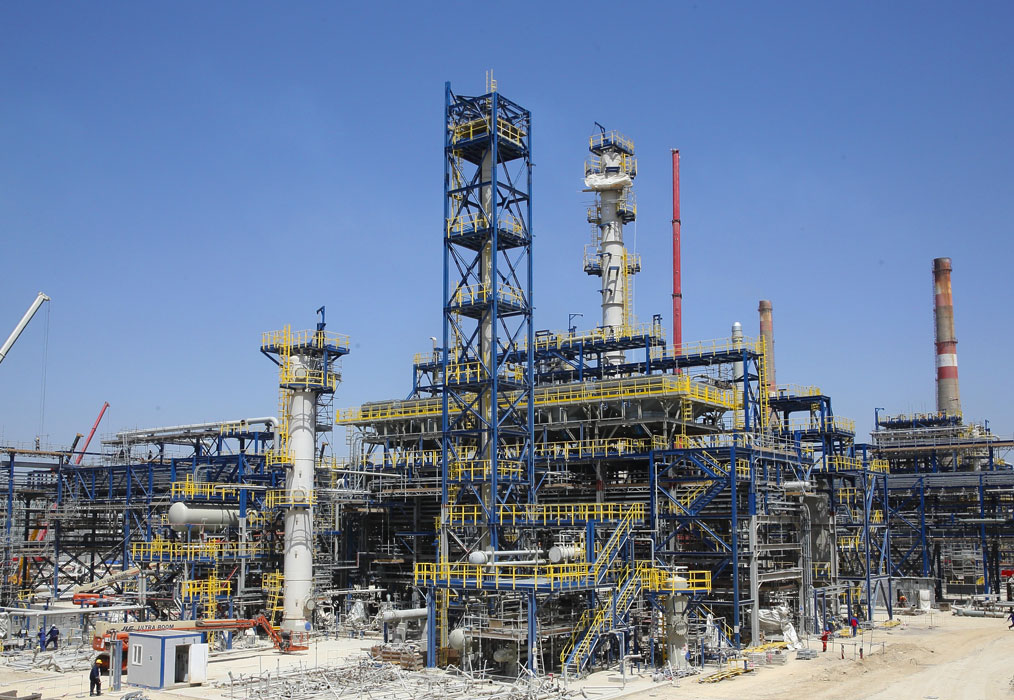
EPCM
Engineering, Procurement and Construction Management across 8 offshore platforms (ACG & ShahDeniz fields) operated by bp

Tuz Golu
Tuzgolu Underground Gas Storage Drilling Works include 40 caverns with total depth of 62.000 meters, 1.550 meters for each
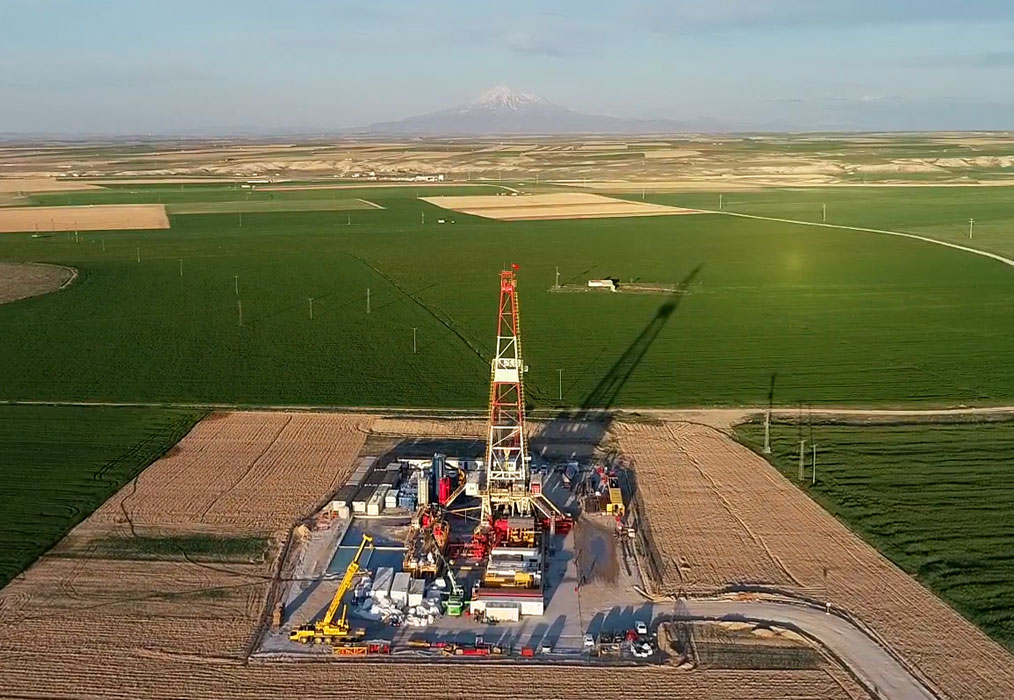
Valve maintenance
Valve maintenance services, including among others valve overhaul and repair, valve diagnostics, maintenance engineering

SOCAR HAOR Modernization
The revamp and upgrade of the refinery for facilities to manage processing of 7.5 MMTPA crude oil, while meeting quantity and quality requirements of products both to feed Azerkimya revamped petrochemical plant and to produce Euro V quality automotive transportation fuels

Our business
Sustainable development goals
As an international energy services company Nobel Energy is committed to positively contribute to the socioeconomic development of the countries where it operates, while strictly following industrial and environmental safety, corporate governance and social responsibility standards.
